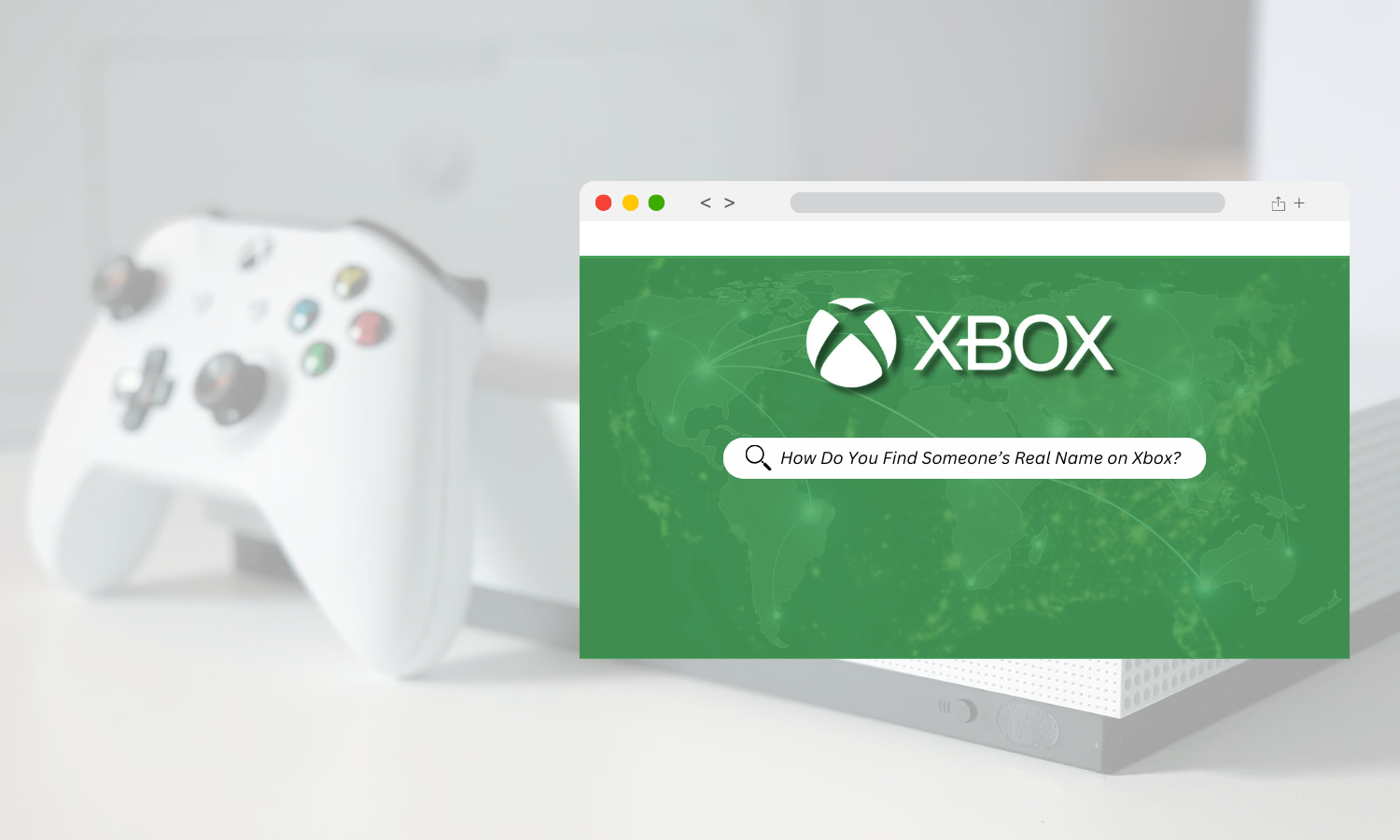

Updated · Jan 10, 2024
Updated · Aug 20, 2023
With a master's degree in telecommunications and over 15 years of working experience in telecommunic... | See full bio
Florence is a dedicated wordsmith on a mission to make technology-related topics easy-to-understand.... | See full bio
Smartphones are integral to our daily transactions. Now, 40% of Americans do their online transactions on mobile.
Unfortunately, the increasing reliance on smartphones also comes with concerns about online privacy and security.
This puts over 3.5 billion smartphone users worldwide at risk for hacking, spying, scams, and more. Thankfully, there are ways to detect whether your phone is monitored or tracked.
Continue reading to know if someone is snooping on your mobile devices.
|
🔑 Key Takeaways:
|
Before we discuss the five ways to determine if a malicious individual is spying on your phone, let us first explore the signs.
If your smartphone is being watched or monitored without your consent, it will frequently provide hints. Observe the warning indicators listed below:
|
Signs |
Description |
|
Overheating and Noises |
A phone’s average temperature should not exceed 45°C or 113°. However, you should be wary if it overheats, even when unused. Another indicator is odd noises like clicks or static during phone calls. Spy or tracking apps use the phone's resources. They can affect the device’s processor, which causes the phone to overheat or produce unusual noises. |
|
Performance Issues |
If your phone slows down without opening a single app, something might be off. It is usual for phones, especially new ones, to experience sluggish reaction times, lags, or freezes. |
|
Abnormal Data Usage |
The quantity of data you consume depends on your subscription and network provider. It’s best to keep an eye on your average daily and monthly data consumption. Spy software and other types of malware transfer data in the background without your knowledge, resulting in higher data usage. |
|
Increased Battery Consumption |
Mobile devices get old when frequently used. An old phone’s battery drains fast because of its age. If your phone is new but its battery drains fast, it could indicate unauthorized monitoring. Spy apps consume power to operate, leading to increased battery consumption. |
|
Not Shutting Down Properly |
If your phone does not shut down properly or restarts on its own, someone could be remotely controlling it. Unknown apps can override your phone's normal shutdown process to maintain surveillance or control over your device. |
|
Auto-Correct Issues |
Another unusual sign of monitoring issues with its auto-correct feature. Words change to something that doesn't make sense. Tracking apps may interfere with your phone's keyboard settings to manipulate text messages. |
|
Unknown Sent Text Messages |
If you notice text messages you did not send, someone may be using your phone without your knowledge. Spy software can send messages from your phone to collect data or manipulate communications. |
Awareness of these signs can prepare you for any subtle privacy challenges. Continue reading to know how to tell if your phone is tracked.
|
✅ Pro Tip: If you’ve ruled out the possibility of people tracking your phone using malware, you should also check if you’re tracked using your phone number. |
Let's look at five ways to detect if your phone is being monitored or tracked:

One of the first things you can do is check if your phone has been jailbroken (for iPhones) or rooted (for Android devices).
Jailbreaking or rooting a phone is a process that allows anyone to bypass the manufacturer's restrictions. As a result, users gain access to the phone's operating system, allowing them to manipulate it.
You can use a Root Checker app to check if your Android phone is rooted. If you’re an iPhone user, check the Cydia app to determine if your phone is a jailbroken unit.
|
⚠️ Warning: Jailbreaking can be risky, especially for iPhones, as it removes some of Apple’s crucial security measures. Doing so may leave your iPhone vulnerable to data breaches and malware. |

Many parents use control software to monitor their children's phone activities. mSpy is a parental spy app created to protect kids from online hazards. However, this tool can be used by anyone intending to sabotage your personal life.
Popular monitoring software like FlexiSPY, Spyzie, eyeZy, and uMobix notify parents about a phone owner’s exposure to the not-so-good aspects of the internet. In good hands, these apps can help parents get the peace of mind they need in the digital age.
However, these are also potential tools for others who want to invade your privacy. Always check your phone for any unfamiliar apps or software that someone could use for monitoring.
|
🔒 Security Note: Spyware and stalkerware are malware that can track your activities on your device without you even knowing. Unfortunately, malicious individuals can use it to blackmail you by taking sensitive information about yourself. |

Allowing location permissions to applications can enable online criminals to commit cybercrimes and harm you. Monitoring apps use location tracking to keep tabs on your whereabouts.
To prevent this, check the location-sharing settings of all your apps. If you find any unfamiliar app tracking your location without your consent, it could be a sign that your phone is monitored. Moreover, malicious individuals may have already gained access to sensitive information about you.
Always check the permissions asked by every app you are about to install and read their terms and conditions. Carelessly allowing permissions can make you a victim of unknown apps that look legitimate.
|
⚠️ Warning: With much of our information stored digitally, there are numerous ways to find a cell phone number's owner and address, so every phone owner should be vigilant in everything they give access to. |

If you use an iPhone user, check the sharing settings on the Find My iPhone app. This feature allows you to share your location with your family and friends.
However, if someone else has access to your Apple ID, they can also use this to track your location. Make sure that no unknown contacts have access to your location data.
|
✅ Pro Tip: In 2022, Apple generated $394.3 billion. There’s a big reason why so many people love its thriving ecosystem. For one, Apple is well known for its robust security features and for prioritizing the privacy needs of its users. Check out the following articles on some iOS tips and tricks: |

*#21# and *#62# are codes to check for tracking on your phone. It is an old way to determine if someone is tapping your phone.
You’ll know whether your call is redirected elsewhere by dialling these numbers. It is a sign that your phone is tapped for unknown purposes.
These numbers may not work for all countries or other Android phones. However, the codes will let you know whether your texts or calls are private.
|
⏳In A Nutshell: Knowing whether someone has access to your phone can help you avoid data breaches, identity theft, or worse, theft and blackmail. Moreover, identifying unknown callers and learning to determine scammer profiles can help lower the risk of falling victim to the above situations. |
Check your phone regularly for any signs of monitoring. Be cautious about the apps and software you install. Always be mindful of sharing your personal information and location data.
You can always use reverse phone lookup services if someone you don't know keeps calling you. You can turn to the steps mentioned in this article if you suspect someone is monitoring you without your consent.
By staying vigilant and proactive, you can safeguard your phone and privacy in today's digital world.
Yes, someone can access your phone without you knowing. They can do it physically or by using spyware.
While it is feasible for someone to remotely access and use the camera on your phone, doing so usually requires having malware or malicious software installed without your knowledge. The likelihood of someone watching you using your phone's camera without your knowledge or agreement is low because such incidents are uncommon.
Typically, anyone cannot track a phone if powered off. However, some advanced surveillance technologies can do it. It's always a good practice to remove the battery or turn off your phone entirely if you are concerned about being tracked.
It means someone is actively collecting information from the phone. These include call logs, text messages, location data, and more. It could be for surveillance, espionage, or parental control. However, it's important to note that monitoring someone's phone without consent can lead to legal consequences.
Your email address will not be published.
Updated · Jan 10, 2024
Updated · Jan 09, 2024
Updated · Jan 05, 2024
Updated · Jan 03, 2024




